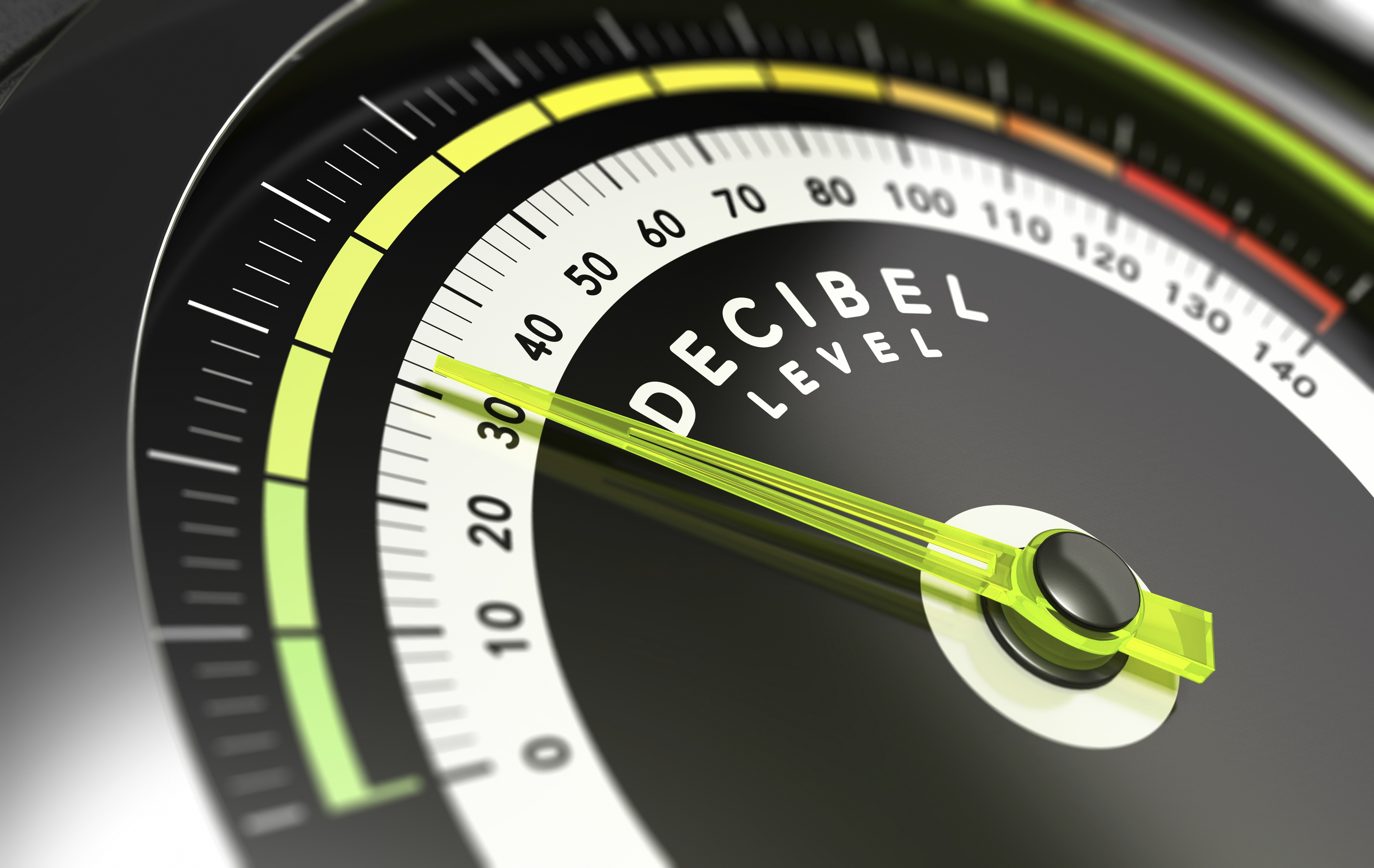
Some venues (mostly the ones that are located in residential areas) have sound restrictions imposed on them by local councils. These venues have a number of options available to them to ensure that they abide by these legal restrictions and, unfortunately, some of the tools they use can present real problems for live entertainment.
In the most extreme and rare cases, a venue might be told that they are not permitted to have any amplification at all. In simple terms, they are not permitted to have anything electrical that produces a sound. This significantly limits choices to non-amplified acoustic instruments (string quartets, harpists, acoustic guitarists). Even an acoustic guitarist with a small PA system would not be permitted here. Sometimes, the restrictions are limited to the grounds. In other words, you can have amplified music inside the venue, as long as the doors and windows are closed (so that the sound doesn’t carry outside) but you can’t have any amplified music outside the building at all.
Even when amplified music is permitted, the council will stipulate that the venue must ensure the noise does not exceed a given decibel (db) level. The level stipulated can depend on the venue's location and even if the building doesn’t appear to be located in a residential area, the council will still take into consideration the level of noise being carried to the nearest residential building.
Venues can use various types of sound limiter devices to meet these restrictions. The simplest of these is a handheld device that venue staff can use to test the noise level in a room at intervals during the evening. This does not present any real inconvenience to artists apart from having to turn down the music if instructed by staff. Then there’s the sound limiter device that’s actually connected directly into the mains circuitry of the room. This limiter monitors the noise level in the room but if the noise exceeds a certain pre-set limit, it will actual cut the mains power to the room. This results in an instant shut down of all electrical devices plugged into the mains electricity (speakers, amps, keyboards, stage lights etc) and staff will then have to switch the power back on before the band can continue performing.
If the pre-set limit is too low and/or the band are situated too close to the noise sensor then it becomes very easy to trip the system and this could result in a lot of stops and starts during the course of the evening. Some bands refuse to work with these devices because they have the potential to damage rather expensive equipment by blowing amp valves (due to sudden power surges).
In the most extreme cases, as well as having a sound limiter installed, the venue will have their own in-house PA system. This means that artists would be required to work with the venues PA, rather than use their own equipment. Unfortunately, in-house PA’s are often completely in-appropriate for live bands. They lack power and they tend to suit DJ’s or solo artists who have very little equipment to connect (typically they just need to connect a laptop and a microphone). A band, on the other hand, needs multiple channels for their various instruments and microphones and, unfortunately, an in-house PA will rarely accommodate more than 2 devices. Plus, even if they are willing to try and make it work by attempting to plug a mixing desk into the PA, an in-house PA is nearly always lacking in power and, all to often, the in-house speaker system has suffered repeated abuse by countless DJ's and bands who have tried to push the system past its limitations and managed to damage the speakers so the sound quality is now severely distorted.
Our advice: Handheld sound limiters don’t really present a problem but if the venue has a sound limiter connected to their mains circuitry then ask them what db level its set to and where the sensor is in the room. For example, a db level of 92 is considered to be quite high so it wouldn’t normally present a problem but if the sensor that’s meant to be picking up the noise level in the room is actually located close to the stage area (and therefore a lot more sensitive) the band will definitely have problems. If the venue insist on artists using their in-house PA system then contact your agent. The agent can then have a chat with the venue to discuss the specification of their PA and let you know if it can accommodate the band's equipment before you book them. Unfortunately, we can't vouch for the sound quality of their in-house PA system so we would suggest visiting the venue and getting them to play some music through their equipment so that you can judge the sound quality for yourself. Make sure to ask them to turn up the volume as well. Speakers don't always start to distort until you go over a certain volume level and the trick is to figure out how loud we can go before it starts to distort. If its distorting at a low level then you know there is a significant problem with the in-house PA and it really wont be fit for purpose.
If you need more advice on sound limiter issues and help with finding suitable options based on a venue's noise restrictions then please do give us a call - 08000 285 284. We're happy to offer our assistance if we can and, in fact, it's just as important to us to ensure that our artists have all the information and tools that they need to do their job properly.